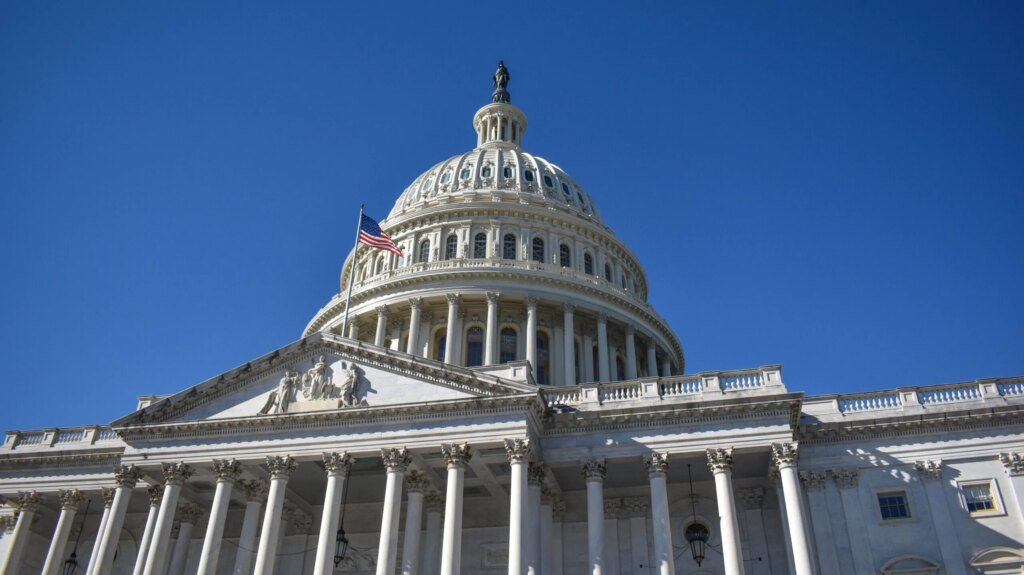New Settlement Bill: A Double-Edged Sword
The recent settlement bill that just passed has several aspects I appreciate. There’s a thoughtful approach to reforms, essential regulatory relief, and tax provisions aimed at supporting working families and small businesses in Alabama. For conservatives, these are definitely victories to celebrate.
However, despite these advantages, the bill overlooks one of our most pressing issues: the national debt. As a retired Army officer and someone who has been in the security and technology sectors for years, I’m acutely aware of how crucial smart policies are. But, I can’t stress enough that long-term security and stability hinge on financial discipline.
Some estimates suggest that this law will contribute approximately $4 trillion to our debt over the next ten years, potentially swelling to $5.5 trillion if temporary measures are extended. Current forecasts indicate that by 2034, our debt might reach 127% of GDP. This poses a real and growing threat to our economy and the very programs that support it—programs that future taxpayers and millions of Americans depend on.
During negotiations, members from the House Freedom Caucus, including Alabama’s own Gary Palmer, articulated a clear vision of financial responsibility. They advocated for a one-to-one tax cut ratio corresponding to spending cuts, significant structural reforms, and a sustainable approach to fiscal balance. This is the kind of leadership that voters need.
Unfortunately, that vision has been somewhat diluted in the final package, and it’s reasonable to question why. Instead of ensuring permanent reform, the bill tends to lean heavily on short-term provisions and budget tricks that might obscure actual costs. For instance, the temporary extension of state and local tax deductions (known as SALT), primarily benefits high-tax states like New York and California. Although marketed as relief for the middle class, it allows some of the wealthiest in those states to deduct larger local tax burdens, ultimately shifting costs to federal taxpayers in states like Alabama. Plus, since it’s likely to expire in five years, it may very well be extended again, further deepening the debt over time.
Compromise is a necessary part of governance, of course. But if we aim for long-term economic and national stability, we can’t exclude debt reduction from the discussion. Interest payments on this debt are escalating quickly, competing with other national priorities and restricting the government’s ability to address future crises. Families in Alabama don’t manage their budgets this way. They tend to live within their means, make tough choices, and think ahead.
There’s still an opportunity to set things right. Lawmakers should focus on implementing common-sense measures like controlling automatic spending increases, restoring a transparent approval process, and establishing a bipartisan finance committee to tackle the actual causes of debt.
Alabama lawmakers have put in significant effort to enhance the bill and deserve trust. However, it’s also important to acknowledge that the final outcome doesn’t fully uphold conservative principles. This should be a pivotal moment for advocating those principles.
The gains from the reconciliation process are real, but so is the debt. If we’re genuinely committed to building a stronger future, we can’t afford to treat this trade-off as permanent.
















